Rena Hirai and Daichi Matsubara are the married team behind Unlimited Coffee, a three-pronged business that includes a café, a roastery, and Tokyo’s first SCAA-certified training lab. Brought together by their passion for coffee, Hirai and Matsubara are certified barista competition judges, and Matsubara has served as a judge at the World Barista Championship.
At their Barista Training Lab Tokyo, the Unlimited team runs a number of education programs from coffee basics to competition preparation. The two both believe that the refined presentations at barista competitions should be able to be recreated in retail settings; that brewing and preparation skills, customer service and communication all go hand in hand.
Supported by the Unlimited Coffee Roasters’ 5K Probat machine, the Unlimited Coffee Bar is a stylish café flooded with natural light and decorated with a mosaic of wood surfaces. Located by the Tokyo Skytree, Japan’s tallest structure and a tourist destination, Unlimited enjoys a diverse clientele of visitors from all over the world.
How did you get into coffee?
M: I actually wasn’t too into coffee in the beginning, but was really into latte art. I had my own home espresso machine and practiced all the time. I wanted to be a cyclist in those days and my day job was as a bike messenger. I eventually started competing in latte art competitions and realized that the way coffee tastes was actually important. I guess after that I started focusing more and more on coffee rather than cycling.
H: I was studying Italian, which led me to go to Italy. I saw a lot of professional baristas there, I didn’t like coffee much but I thought that it was a cool profession. When the Italian café chain Segafredo came to Japan I got a job. When their main barista trainer came to Japan I helped interpret for him, and eventually became a trainer myself. I guess the next step, for me, was competing in barista championships.
What is your favorite thing about coffee?
M: I like the coffee community a lot. I really think that coffee is bringing people together these days. I also like how complicated it is. I can’t think of another beverage as complicated. It’s hand picked, fermented, husked, dried, roasted, then extracted. Not to mention how many people interact with your coffee before it ends up in your cup. Each bean has a very complex story, and it links people together.
H: I like educating about coffee. It’s really difficult to become a good barista, so I love training people and seeing them progress. When I see one of my students get excited about what they can do with coffee it makes me very happy. I like that they then want to share that with the customer.
Why did you decide to start roasting?
M: We started roasting because we wanted to control the quality of the coffee we are training with. I also feel that if you don’t know the whole process then it’s harder to teach. The café opened because we were looking for a bigger lab. We found this building and it actually has more room than we knew what to do with, so we started talking about opening a café. That’s how it happened.
What challenges has roasting presented?
H: Our background as trainers and judges has helped us a lot. We both have worked hard at cupping coffee for a long time now. As you get better at tasting coffee you can become a better roaster. We are old fashioned when it comes to roasting. We used to use roasting software, but stopped when we realized that we were becoming reliant on it. We were thinking more about the graph than the process. If we had a larger roasting team we would probably use it again, but it’s just us.
M: There are factors like the outside temperature, humidity, etc. that we didn’t feel that the roasting programs addressed. We have learned our roaster inside and out through lots of trial and error and by taking pages and pages of notes.
What’s the philosophy behind your coffee?
M: We just want the customer drinking our coffee to be happy. If the customer isn’t happy then there really isn’t any meaning behind any of it.
H: I want to keep learning. If we don’t keep studying coffee then we wont be able to keep up. Knowledge helps us make good coffee.
Where do you see the coffee scene going in Tokyo?
M: It will hopefully keep getting better. Right now real coffee consumption is on the rise in Japan. People are drinking less canned coffee and more brewed coffee. That’s progress. Since more and more consumers care about the taste of their coffee, shops will hopefully work on improving the whole experience for their clientele. I’d really like to see creativity increase and more shops come up with signature drinks.
H: I’d like to see professional baristas enter the scene. Making coffee is one thing, but customer service, presentation, communication, and knowledge is also very important. Now that we are beginning SCAA certification here I think the level of baristas will get higher.
Any other cafés you recommend?
M: Coffeehouse Nishiya. Mr. Nishiya, is creative, has amazing customer service, and a style all of his own.
Unlimited Coffee Bar/Barista Training Lab is located at 1-18-2 Sumida-ku, Narihira, Tokyo.
(note: Parts of this interview have been paraphrased. The interview was conducted in Japanese and was adapted to English by the author.)
Eric Tessier
Eric Steven Tessier is a writer and coffee lover. He is based in Tokyo, Japan.



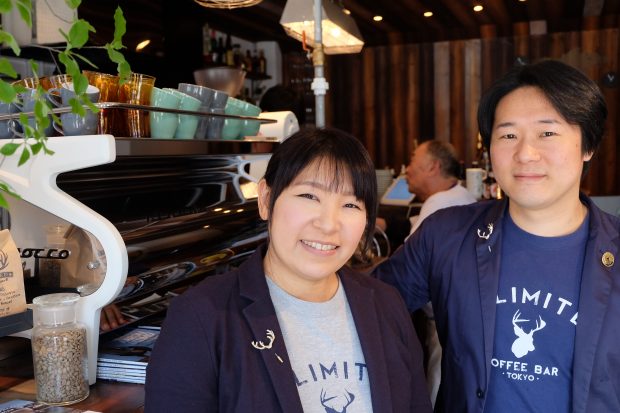
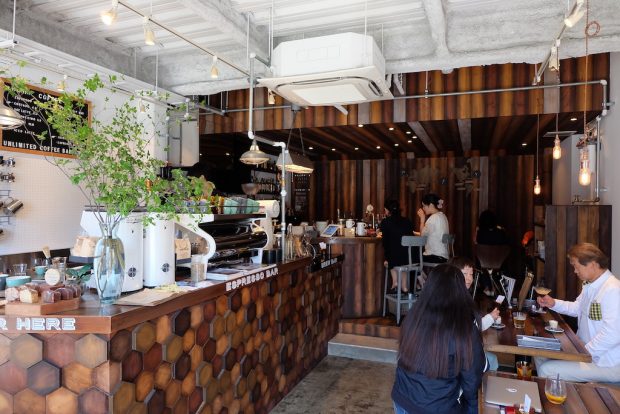
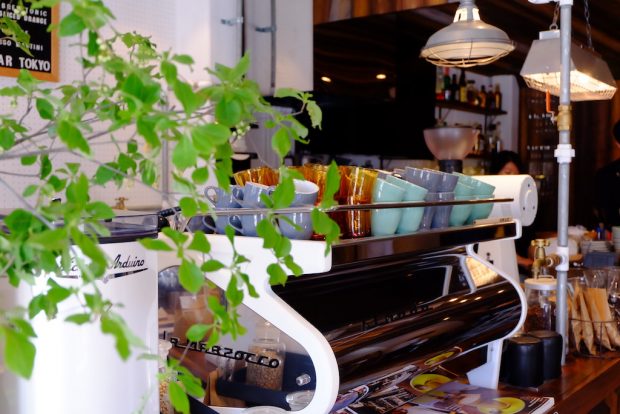
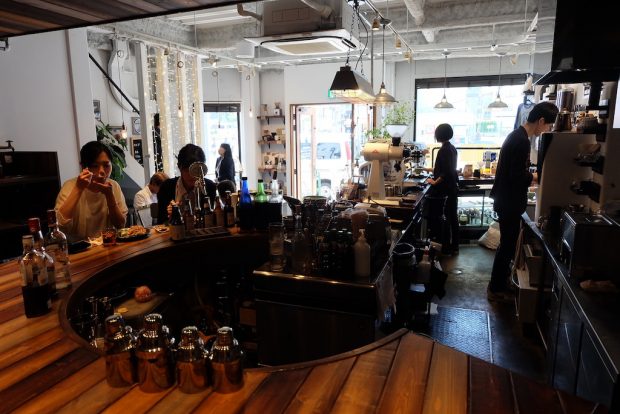
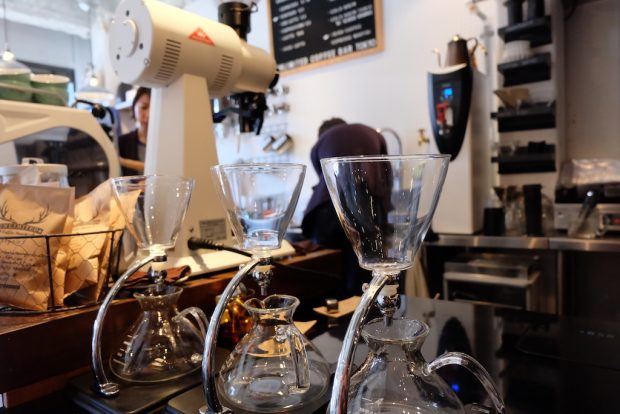
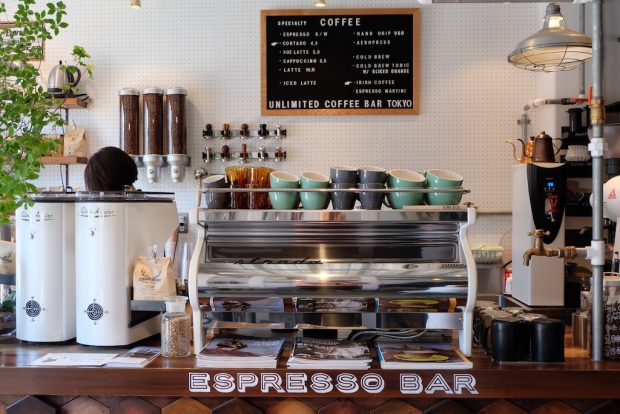



Comment